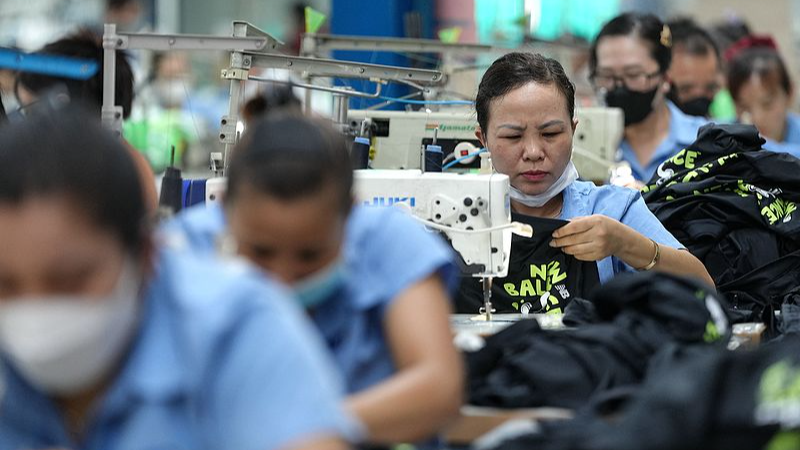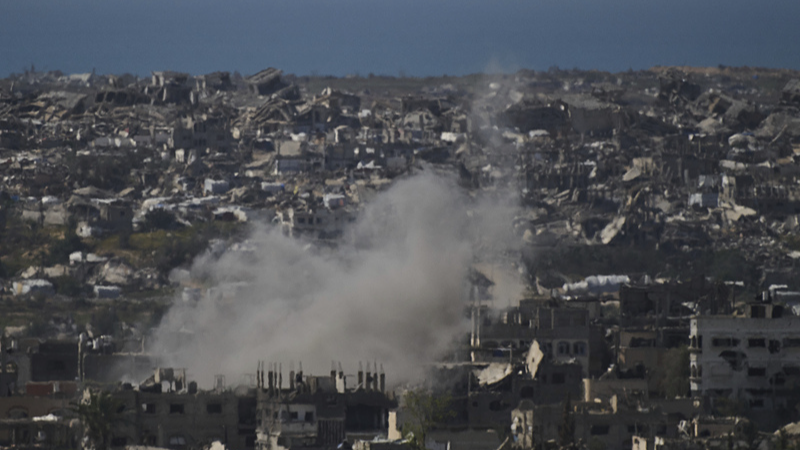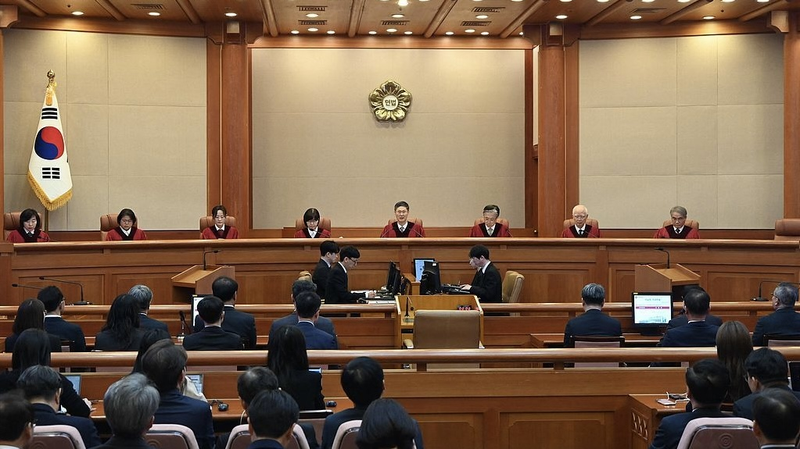On Sunday, October 27, Lithuania faces a pivotal parliamentary election that could reshape its political landscape. With rising living costs and escalating security fears about neighboring Russia, voters are at a crossroads.
The opposition Social Democrats (SD) are currently leading after the first round, capturing 20% of the vote. Close behind are the ruling Homeland Union with 18% and the anti-establishment Nemunas Dawn at 15%.
Key issues driving the election include high inflation, which has soared above 20%, deteriorating public services, and a widening economic gap affecting the 2.9 million Lithuanians. Prime Minister Ingrida Simonyte's center-right coalition, in power since 2020, is grappling with growing dissatisfaction over these economic challenges and a strained healthcare system.
Security remains a paramount concern for Lithuanians, given the country's strategic position on NATO's eastern flank and its proximity to Russia's Kaliningrad exclave and Belarus, a close ally of Moscow. A recent poll revealed that three-quarters of Lithuanians are apprehensive about a potential Russian attack, highlighting the urgent need for a robust defense policy.
Lithuania employs a hybrid voting system for its parliamentary elections, with half of the 141 seats determined by direct popular vote and the remaining seats decided through district-based run-offs. This system tends to favor larger parties, giving the Social Democrats an advantage as the nation heads to the final voting round.
SD leader Vilija Blinkeviciute is poised to form a coalition government with the For Lithuania party and the Farmers and Greens Union. The SD has also committed to supporting any candidate opposing the Homeland Union in run-off contests, intensifying the race for parliamentary seats.
If successful, the Social Democrats are expected to maintain Lithuania's strong defense stance, with defense spending projected to reach 3% of GDP this year, placing Lithuania among NATO's top six military spenders. Domestically, the SD has pledged to address economic inequality by increasing taxes on wealthier citizens to fund enhanced healthcare, education, and social services.
As voters head to the polls, the outcome will determine whether Lithuania shifts to the left, balancing economic reforms with its unwavering commitment to national security.
Reference(s):
Lithuanian election: What's at stake, who's leading, what happens next
cgtn.com




